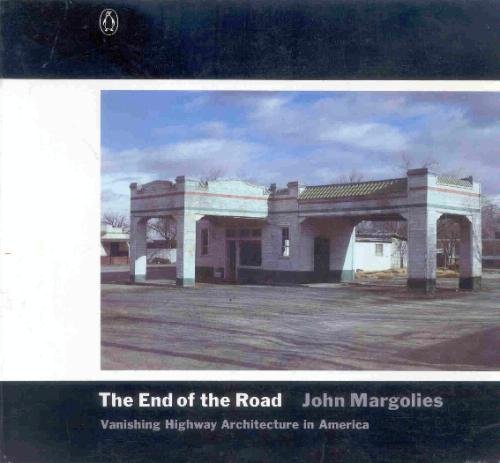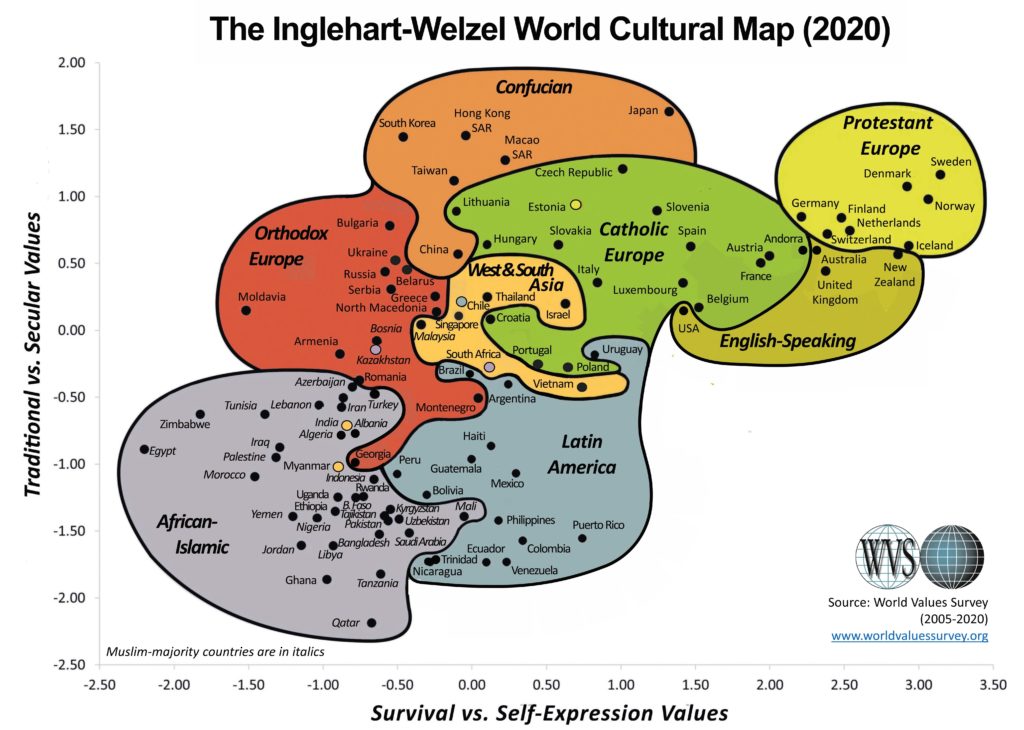Eric Carle was an American artist, illustrator, and writer of children’s books.
Carle’s picture book The Very Hungry Caterpillar has been translated into more than 66 languages and sold more than 50 million copies.

Eric Carle was an American artist, illustrator, and writer of children’s books.
Carle’s picture book The Very Hungry Caterpillar has been translated into more than 66 languages and sold more than 50 million copies.
This happened at least five years ago but it escaped my attention.

Alan Sheridan was an English author and translator. He translated Gilles and Jeanne (1983) by Michel Tournier.
The death of Sheridan came to my attention while documenting Pornographic Archaeology which I read thoroughly vertically last week.
This will have happened five years in two days, but I only found out today.

John Margolies was an American architectural critic and photographer.
I just spent (while researching the fantastic Jacques Moeschal) two hours intermittently trying to find the title of the book on roadside architecture I sold five years ago and then I found out that it is the one above: The End of the Road: Vanishing Highway Architecture in America (1981).
The link with Moeschal being that with lots of irreverence (I love the word, as well as the practice of irreverence) you can call the ‘signs’ of Moeschal ‘roadside attractions’.
Roger Hawkins was an American drummer.
He played drums on countless well-known soul, disco, and r&b songs.
He was a co-founder of the Muscle Shoals Rhythm Section in Alabama, a house band like the Compass Point All Stars, Booker T. & the M.G.’s and the Salsoul Orchestra.
Hawkins played drums on “Love Sensation” (1980) by Loleatta Holloway.
Franco Battiato was an Italian composer, writer, filmmaker, and painter.
His name is on the ‘Nurse with Wound list’ and his compositions are in the ‘Caribou 1000’ and on the ‘Daily Fingertracks’.
His debut albums Fetus (1972) and Pollution (1972) are typical for the beginning of his career. He made these albums when he was 27.
I wrote something here about peak creativity but erased it. Notions such as ‘late bloomer’, ‘child prodigy’, ‘imperial phase’, ‘genius’ and ‘talent’ and artists such as David Bowie, Lee Perry and Goya crossed my thoughts.
Battato was new to me. I enjoyed him immensely yesterday. An old adagium of me comes to mind. Something about looking for beauty in unexpected places.
This escaped my attention seven years ago.
Jimmy Scott was an American vocalist known for his high natural contralto voice and his sensitivity on ballads and love songs.
He covered “Nothing Compares 2 U” on his album Holding Back The Years (1998).
Curtis Fuller was an American trombonist known for his work on the American jazz scene between the years 1957 and c. 1980.
Trombonists I admire include Rico Rodriguez, Peter Zummo, Vin Gordon, Don Drummond, Fred Wesley and Willie Colón.
Tawny Kitaen was an American actress and model.
She first came to my attention as the lead to The Perils of Gwendoline in the Land of the Yik-Yak (1984).
To the world at large she is probably best-known for her parts in the Whitesnake videos, especially in the 1987 clip for the song “Here I Go Again” (1982). In that clip, she is seen cartwheeling across the hoods of two Jaguars XJ dressed in a white negligee.

Ronald Inglehart was an American political scientist, co-author of the Inglehart–Welzel cultural map of the world based on the World Values Survey.
I discovered Inglehart by reading and reviewing Whiteshift (2018).
I believe the studies of values became important again after the failure of the end of history by Fukuyama and 9/11.
These two events proved that it’s not the economy stupid.
Willy Kurant was a Belgian cinematographer, famous for shooting films such as Trans-Europ-Express (1966), Man on Horseback (1969), Cannabis (1970) and Je t’aime moi non plus (1976).